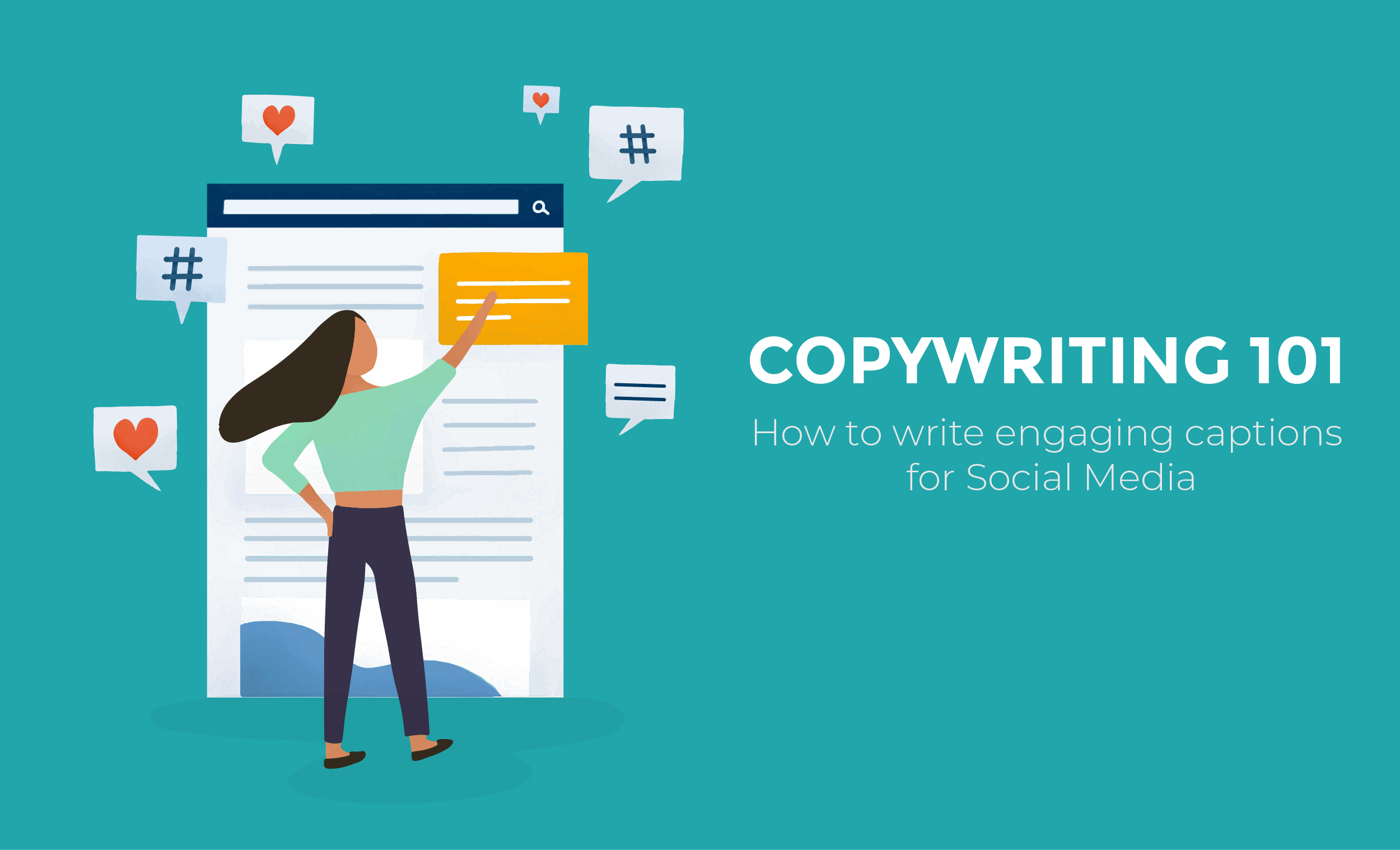
While many marketers recognize the relationship between native advertising (content marketing) and content marketing, do they believe there is causation? Native advertising may be successful in certain instances, but it can also have negative effects on sales, be too sales-oriented, and be too focused only on the brand. This is not good for advertisers and brands. That is why content marketing is so important. As Joe Walsh argues, it is better to own your own media and audience.
Costs of native advertising vs content marketing
When comparing the costs of content marketing versus native advertising, a higher budget may not always be the best option. Although both can be successful, they are not necessarily equal. Native advertising, on the other hand, can guarantee placement with major publishers. Content marketing has a greater ROI than native advertising. However, the overall costs of both options are higher. Making the right choice requires that you weigh the benefits of each.
When it comes to measuring the impact of your content marketing efforts, paid ads may be the best choice. The benefits of content marketing include increased organic traffic as well as a rich link portfolio. Native advertising, however, is more costly and can cost tens to thousands of dollars. HubSpot has found that 93% businesses with marketing budgets over $1 to $5 Million are engaging in inbound advertising. This strategy provides a high ROI with minimal risk.

Advertorials
Many similarities exist between content marketing and native advertising. The major difference is that native advertisements are more often called sponsored content than ads. This makes them more persuasive and users respond positively to messaging that follows editorial material. Content marketing is the opposite. It involves inserting ads into original content. Both strategies have their strengths and may work for one brand or company. You may be wondering which strategy is better: these are examples of native advertising or content marketing.
Native advertising and content marketing have similar goals. Native content is not owned by the publisher or brand, so it has limited potential to be of lasting value. The two strategies are frequently used interchangeably. But they do have important differences. Content marketing's effectiveness is dependent on its target audience. Native content that is relevant to your target audience can provide a short-term boost, but it may not be enough for you brand.
Engagement metrics are a better indicator of overall brand advantage
Pageviews may be an easy way to gauge the success of a content marketing program, but they can not be used as a metric. Increased pageviews may increase traffic but it doesn't always mean that the content has improved. Engagement metrics like time on page views per session provide more detailed information about the overall effectiveness of a marketing campaign. Google Analytics or another tracking tool is used to measure engagement.

In this modern era of digital media, buyers are engaging with content at their own pace and hopping in and out of the buying cycle. It is difficult to calculate the number "qualified buyers" by the number and type of actions they take with a piece of content. Engagement is an indicator of the overall quality of content that resonates with your audience.
FAQ
What is strategic content marketing?
Content marketing refers to the art of creating quality content that can be shared across all channels. It's about giving people the things they want. This is what makes the most successful businesses.
Strategic Content Marketing gives you the ability to provide exactly what your clients need at precisely the right time.
To understand people's interests and their thinking, you must first get to know them. Then, create high-quality content to answer their questions and solve their problems. This builds loyalty and trust. It also ensures you are available to them when they have a need for your product or services.
What is a Content Strategist and how do they work?
A content strategist is a person who helps brands tell stories. They create engaging messages that appeal to their audience and help them connect with them emotionally. They are storytellers who focus on telling brand stories that help people make decisions and take action.
Content strategists can create strategies that are engaging for current and future customers. Data analytics and storytelling are used to create experiences that encourage consumers to shop in stores, purchase products, and then share the excitement with others online.
They know how to incorporate social media platforms into their campaigns. They use technology tools such virtual reality and video to deliver exceptional customer experiences.
Content strategists are responsible for translating ideas into tangible plans that marketers can execute. This includes creating content that can be used on different media (such as television or print), and developing creative briefs. Budget management is also an important part of the job.
How can I measure success when using content marketing?
There are many ways that you can measure your content marketing effectiveness. One way to measure the effectiveness of your content marketing efforts is to monitor how many visitors visit your website. Another option is to monitor how many leads are generated.
Content marketing: Where do I begin?
Start by identifying the audience. Who are they? Which are their needs What can you do to help them? You can identify who you are writing to and where you should focus your efforts.
What is the best Content Marketing platform?
There are many different platforms out there today. Each platform has its pros, and each one has its cons. These are some of the most popular choices:
-
WordPress is simple to set-up and manage. A great community of users.
-
Wix - Setup and maintenance are easier than WordPress It doesn't require any technical knowledge.
-
Squarespace - The best option for people who have a website.
-
Blogger - A free blogging service.
-
Medium - A place for writers to share their work.
-
Instagram – An image-based platform.
-
LinkedIn - A networking platform.
-
Facebook - A social network.
-
YouTube - Video sharing platform.
-
Pinterest – Image-based platform.
-
Google Analytics - Track visitor behavior.
-
Hubspot - Email marketing software.
-
MailChimp: Email marketing software.
Do content marketing agencies provide the best services?
Most content marketing agencies have extensive expertise in creating content strategies that work for their clients.
Your knowledge will save you a lot of time and effort. They can create a customized plan that meets your specific needs.
Don't assume every agency can provide the skills that you require. Some companies specialize only in certain niches, like eCommerce. Others are specialists in particular industries, such law firms.
Ask them about their specialties and you'll find the right agency for you.
Is Content Marketing right to me?
Absolutely! Content Marketing works well for any type of business. Content marketing works for all types of businesses, regardless of whether you offer products or support, or offer training. Customers can learn more about your company by creating content and staying connected.
Statistics
- In fact, would pay more for a better customer experience, and 86% of B2B buyers would pay more. (neilpatel.com)
- An example of an overarching goal could be: "In 2022, we want to achieve a 20% increase in revenue created by organic content and generate 15,000 MQLs with a budget of $30,000." (semrush.com)
- According to research compiled by Coschedule: Companies that publish 16+ blog posts a month get as much as 3.5x as much traffic as those that publish 0-4 posts a month. (criteo.com)
- According to our research, 65% of companies with very successful content marketing in 2021 ran content audits at least twice a year. (semrush.com)
- Out of the 1,500 marketers we surveyed for our State of Content Marketing report, 78% who felt their content marketing strategy was exceptionally effective in 2021 had documented their strategy. (semrush.com)
- Forty-seven percent of buyers view 3 to 5 pieces of content before engaging with a sales representative. (mailchimp.com)
- We found that 40% of businesses don't have a documented strategy yet. (semrush.com)
- Companies that use content marketing see approximately 30% higher growth rates than businesses not using it. (mailchimp.com)
External Links
How To
How To Write An Effective Press Release
Press releases are a great tool to establish credibility and authority within your niche. Press releases can also be a great way to build relationships with journalists or other influential contacts.
But many business owners struggle to write a press release because they lack the skills required to craft compelling copy.
Here are some tips to keep in mind as you develop your next press release.
Know Your Niche
Before you can start writing your press releases, you must first understand your niche. This includes understanding your niche and what makes it unique.
For example, suppose you're a real estate agent. You might also consider including information about professional affiliations, such as the association that you belong to and how long you have been in the field. You could also mention your experience working with clients and providing excellent customer service.
Incorporate Keywords into Your Title
The title of your press conference is often the most crucial part of the document. It's often the first thing that search engines see in your press release, so make sure it grabs everyone's attention.
The best titles include keywords related to your product or service. For example, if you sell custom-made wedding dresses, you might use words like bridal gowns, wedding dresses, or customized wedding dresses.
Make Your Headline Relevant
Your headline is your first line in a press release. It's what people will read first, so it has to be catchy and relevant.
If you're writing a press statement for the first-time, it's likely you won't know what type of content works best. Try comparing different headlines. Compare the click rates to see which headlines are most successful.
Google will also allow you to type in your company name with the phrase "press release" You can get a good idea of the types of topics that work best by looking at the top results.
Perhaps you've heard the expression "write for your self, but publish others." That's true, but you don't want to simply throw together a press release without thinking about who your audience is.
Use To Write
Three sections are typical of most press releases:
Each section contains elements that aid readers in quickly understanding the main points.
Executive Summary
This section is typically the shortest. It typically consists of one paragraph which summarizes your press release.
This section contains information about your service or product. This is where you can explain the benefits of your products and services.
Conclusion
This is the final section of your press release, and it includes two paragraphs. First, summarize the key messages from your body. Then end on an optimistic note by stating something positive about your business.
Here's an example conclusion:
"My new book gives practical advice to anyone interested in improving their health and fitness." My book will help you reach your personal goals.
Don't Forget To Include URLs
It is a common practice to link your website in a press release. But did you know there are several different types of links?
Take a quick glance at the different links you should add in your press release.
-
Email: Make sure you include a URL when sending a press release by email.
-
Social media: Add buttons for social media sharing to your website. This will allow users to share your press release and link to your website.
-
Blog: Write a blog post about the press release. Include a hyperlink to your press releases in the text.
-
Website: Link to your website directly using the URL from your press release.
-
Directories: Submit your press release to online directories such as Digg and Yahoo! Press Release Directory.